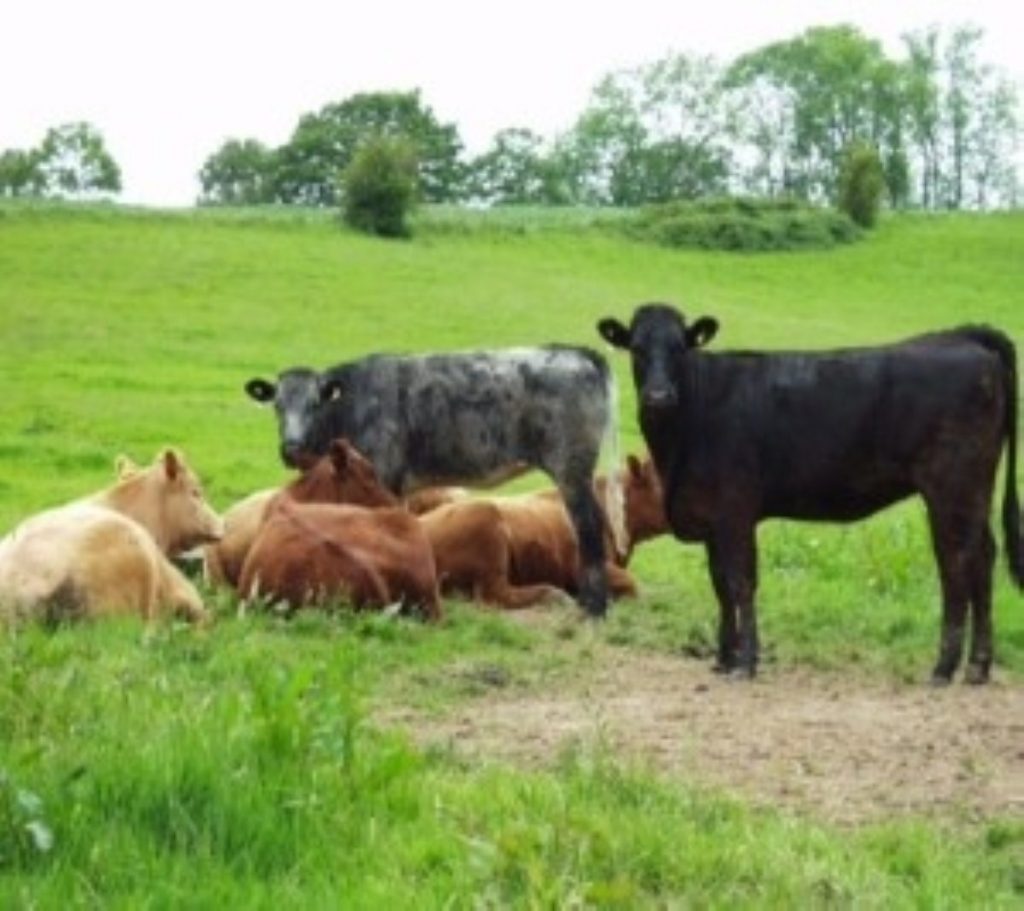Ban on old beef may be lifted
The Food Standards Agency has announced that it will consider an end to the ban on the sale for consumption of 30-month-old beef.
At the height of the BSE crisis, the ban was one of the measures bought in to protect the public from Creutzfeldt-Jakob Disease (CJD), and to help restore faith in beef products. It was also an important measure in bringing down levels of BSE so as to be allowed to resume exports to the European Union.
The incidence of BSE, which is traditionally higher in older cattle, has fallen from tens of thousands a year, to just 309 so far this year, and it appears that the risk of harm to consumers is now minimal.
If the ban ends then it is also expected that the practice of testing slaughtered cattle will be bought in, which may save the government money as well as freeing the beef industry.


Animals over 30 months have been bought by the Government since the rules were introduced, and with around a third of cattle affected, this has cost the treasury more than £400million each year.
The Meat and Livestock Commission has commented that providing a rigorous testing regime is in place, there should be no health consequences of the change. The National Farmers’ Union (NFU) has backed this view.
The NFU has suggested that if the changes are presented properly to the public, then the confidence that has been rebuilt thanks to effective controls would not be lost, though it stressed the importance of getting the testing procedure right.
Farmers may however be concerned about creating a glut in the market by allowing more than 200,000 tonnes of extra meat onto the market next year. This would be alleviated by the opportunity to export, but although EU laws force member states to accept British imports, countries outside the EU are not obliged to lift their bans.












